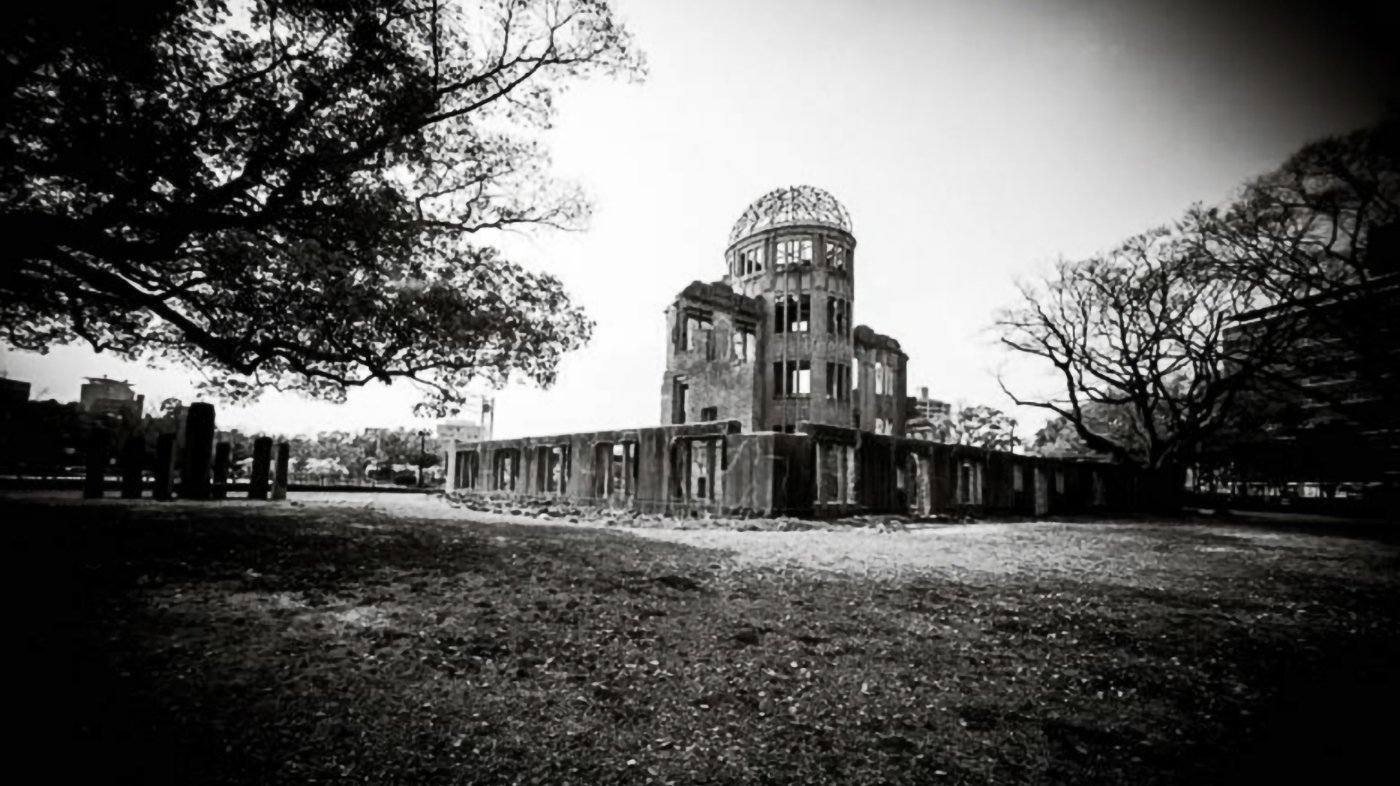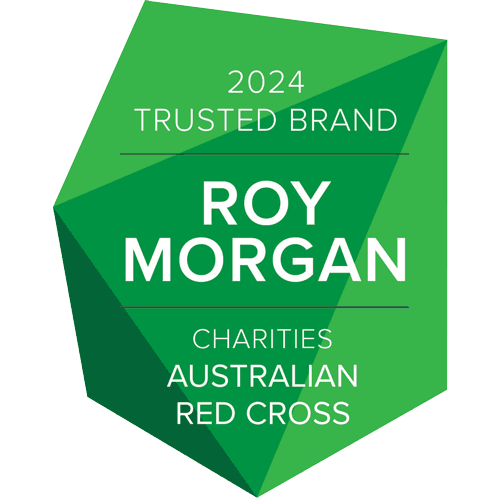
Renewed hope for a world without nuclear weapons
77 years on from Hiroshima and Nagasaki.
The remains of the Hiroshima Prefectural Industrial Promotional Hall, the only structure left standing near the hypocenter of the first atomic bomb exploded on 6 August 1945. The ruins have been preserved and today form part of the Hiroshima Peace Memorial.
This week marks 77 years since the atomic bombings of Hiroshima and Nagasaki. It is a stark reminder that we must never forget the suffering and devastation caused by nuclear detonation and must continue working towards a nuclear-weapons-free world.
On 6 and 9 August 1945, atomic bombs were dropped over the Japanese cities of Hiroshima and Nagasaki, instantly killing tens of thousands of people.
The suffering did not end there. Over the next five years, many survivors faced the devastating effects of radiation poisoning, with the death toll rising to over 500,000 as people succumbed to different cancers and other debilitating illnesses.
For those who survived, the hibakusha, the injuries suffered have been life-long and inter-generational.
Even now, almost eight decades later, Japanese Red Cross hospitals continue to treat hibakusha and their descendants. It is an enduring reminder of the long-term devastation of nuclear weapons.
To this day, nuclear weapons remain the most destructive weapons on earth. They are impossible to control in terms of their effects, and create the large, unnecessary risk of escalating conflicts. Nuclear weapons also pose a serious threat to the environment, to future generations and to the survival of humanity.
Yet despite this:
- close to 13,000 nuclear warheads are active today,
- thousands of these are ready to be launched in an instant,
- and their destructive power is exponentially greater than the bombs detonated 77 years ago.
In recent years, the risk that nuclear weapons may be used again has grown to alarming levels not seen since the Cold War.
Contributing to this risk is the increasing tensions between nuclear-armed states and their allies, the development of new, more powerful types of nuclear weapons, expanded roles for nuclear weapons in military strategies, and the vulnerability of nuclear systems to cyber-attacks.
And despite all this there is still no viable emergency service or effective medical response plan for a nuclear detonation.
No city can prepare for an atomic bomb, and no nation can effectively respond to one.
Today, 77 years on from Hiroshima and Nagasaki, it is more important than ever to reinvigorate our efforts to eliminate them once and for all.
Red Cross has been working towards this goal since 1945. Every step in this journey has been an important one – but none more so than the progress made on the Treaty on the Prohibition of Nuclear Weapons (TPNW).
The treaty, which entered into force in January 2021, brings us closer to a safer, nuclear-weapons-free world by banning the use, threat of use, development, production, testing and stockpiling of nuclear weapons.
While the complete elimination of nuclear weapons cannot happen overnight, the treaty establishes:
- clear standards for complete disarmament;
- and a pathway to ensuring that nuclear weapons can never be used again.
Eighty-six countries have signed this treaty, expressing their intention to abide by it. Of these, 66 countries have formally ratified the treaty, becoming legally bound to follow its provisions.
In a positive development, 34 countries yet to sign the treaty, including Australia, attended the first Meeting of State Parties for the TPNW in June this year, in Vienna, as observers.
These developments herald an era of new hope in the journey to eliminate nuclear weapons, but only if followed through with concrete actions.
We, and the International Red Cross Red Crescent Movement as a whole, believe we all must work towards promoting universal support and implementation of this treaty. Countries that have yet to join it should immediately do so, and those with concerns about its effectiveness should meaningfully discuss these issues with a view to overcome them.
To address some of these concerns and provide more information, we have put together answers to some of the most frequently asked questions.
The 77th anniversary of the bombings of Hiroshima and Nagasaki is a sobering and timely reminder of the devastating and lasting humanitarian consequences of nuclear weapons.
We all should use this anniversary to reflect on these consequences and strengthen our resolve to continue working towards a nuclear-weapons-free future.
Charity donations of $2 or more to Australian Red Cross may be tax deductible in Australia. Site protected by Google Invisible reCAPTCHA. © Australian Red Cross 2025. ABN 50 169 561 394
